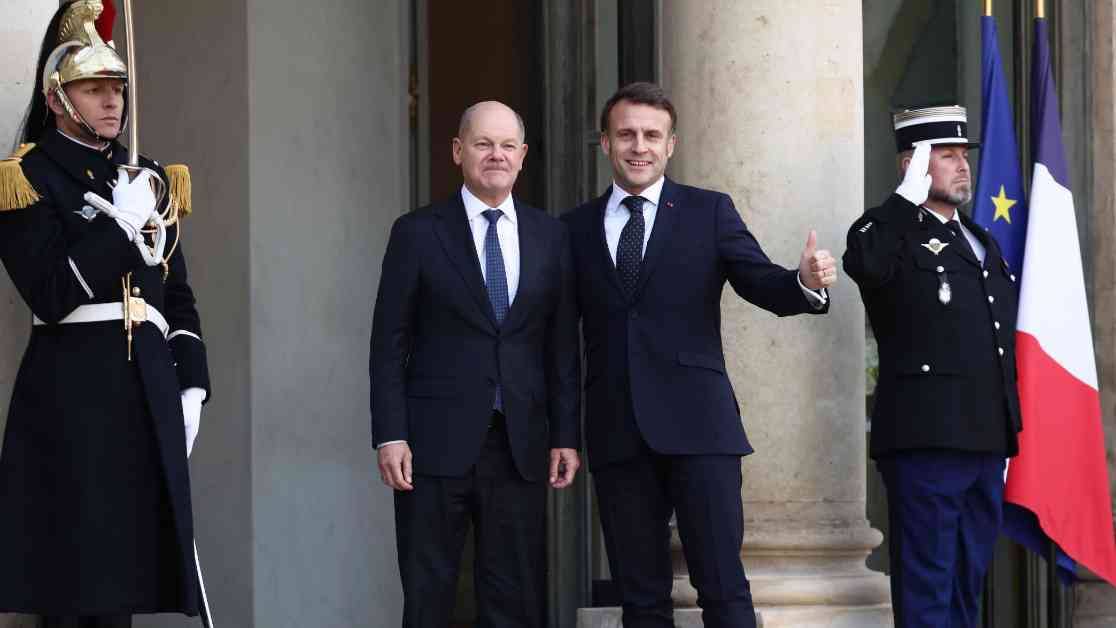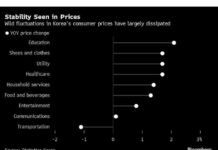Europe is currently facing a critical decision regarding the potential deployment of troops to Ukraine, a move that has sparked intense debate and division among member states. As tensions escalate in the region, the question of military intervention looms large, with some countries advocating for a robust response to support Ukraine, while others urge caution and diplomacy.
Divided Perspectives on Military Intervention
The issue of sending troops to Ukraine has exposed deep divisions within Europe, with some countries, such as Poland and the Baltic states, pushing for a more assertive stance in support of Ukraine’s sovereignty. These nations argue that a strong show of military support is necessary to deter further aggression from Russia and uphold international norms of territorial integrity. On the other hand, countries like Germany and France are more hesitant to endorse military intervention, citing concerns about escalating the conflict and the potential for a broader regional war.
Amidst this discord, European leaders are grappling with the complexities of balancing national interests, alliance commitments, and the imperative of maintaining unity within the European Union. The specter of past conflicts and the memory of devastating wars on the continent weigh heavily on decision-makers as they navigate the delicate balance between deterring aggression and avoiding a catastrophic escalation of hostilities.
The Role of International Alliances and Diplomacy
The question of sending troops to Ukraine is not just a matter of military strategy but also a test of the strength and efficacy of international alliances and diplomatic efforts. The European Union, NATO, and other multilateral organizations play a crucial role in shaping a unified response to the crisis, with coordinated actions and statements sending a powerful signal to Moscow and the world.
Expert analysts and diplomats emphasize the importance of a nuanced and calibrated approach to the situation in Ukraine, highlighting the need for a combination of military deterrence, diplomatic engagement, and economic sanctions to address the root causes of the conflict. By leveraging the collective strength of international partnerships and alliances, European leaders can work towards a peaceful resolution that respects the sovereignty and security of all parties involved.
As the debate rages on and tensions continue to simmer in Ukraine, the eyes of the world are fixed on Europe, awaiting a decisive and united response to the crisis. The stakes are high, and the consequences of inaction or miscalculation could have far-reaching implications for the region and beyond. In this critical moment, the choices made by European leaders will not only shape the future of Ukraine but also define the principles and values that underpin the European project.
Europe stands at a crossroads, torn between the imperatives of peace and security, the demands of sovereignty and solidarity, and the complexities of geopolitics and history. The decision on whether to send troops to Ukraine is not just a military calculation but a moral and strategic choice that will reverberate across the continent and the world. As the debate unfolds and the pressure mounts, European leaders must summon all their wisdom, courage, and vision to navigate these turbulent waters and steer Europe towards a future of peace, prosperity, and unity.






















